A turkey is a large, ground-dwelling bird that’s native to North America, although it’s now found all over the world. There are two main types: the wild turkey, which is found in forests across the U.S., and the domestic turkey, which has been selectively bred for farming and is commonly raised for its meat.
Turkeys are omnivores, meaning they eat both plants and animals. Their diet includes seeds, fruits, insects, and small reptiles or amphibians. Wild turkeys are often seen foraging on the ground, scratching at the dirt with their feet to uncover food, while domestic turkeys are fed grains and vegetables.
Scientific Classification
-
Kingdom: Animalia
-
Phylum: Chordata
-
Class: Aves
-
Order: Galliformes
-
Family: Phasianidae
-
Genus: Meleagris
There are two main species of turkeys:
-
Wild Turkey (Meleagris gallopavo), native to North America
-
Ocellated Turkey (Meleagris ocellata), found in Central America
Common Names
-
Turkey (general name)
-
In Yoruba: Tọ́ọ̀kì / Tolo-Tolo
-
In Igbo: Tọọkị
-
In Hausa: Tarki
In many African homes and farms, turkeys are raised for meat and income, and are often seen during festive seasons.
Geographic Distribution
Turkeys are native to North and Central America, but they are now raised all over the world, including Nigeria and many African countries.
You’ll find turkeys in:
-
Farms and backyards
-
Woodlands and grasslands (wild populations)
-
Poultry markets
-
Zoos and bird sanctuaries
Physical Characteristics
Turkeys are large, ground-dwelling birds with some standout features:
-
Size: Males (called toms or gobblers) are larger than females (hens)
-
Feathers: Brown or black with a metallic sheen; some domesticated turkeys are white
-
Tail: Fan-shaped and fanned out during displays
-
Head: Bare with red, blue, and white skin
-
Wattle: The red skin hanging from their neck
-
Snood: The fleshy bit that hangs over their beak
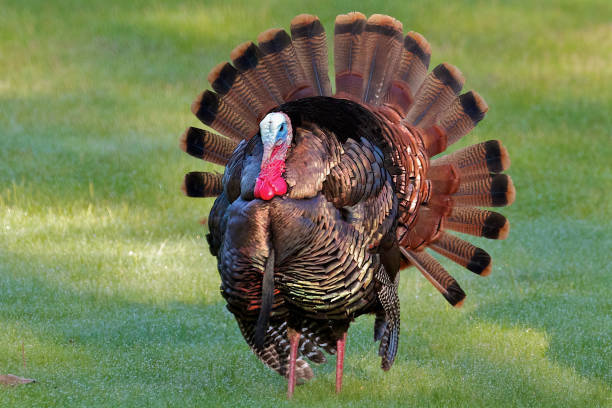 Image showing a male turkey displaying its feathers in full fan (Source: iStock)
Image showing a male turkey displaying its feathers in full fan (Source: iStock)
Major Types of Turkey
1. Wild Turkey (Meleagris gallopavo)
-
Region: North America
-
Size: Large, males can weigh 10+ kg
-
Behavior: Can fly short distances, roost in trees at night
-
Color: Dark feathers with copper and bronze shine
-
Call: Famous “gobble” sound used by males to attract mates
Wild turkeys are agile, smart, and good at avoiding predators
 Image showing a Wild male turkey displaying his feathers during mating season in a forest clearing (Source:Wikipedia)
Image showing a Wild male turkey displaying his feathers during mating season in a forest clearing (Source:Wikipedia)
2. Domesticated Turkey
-
Region: Worldwide (farmed)
-
Size: Heavier than wild turkeys, bred for meat
-
Color: Often white or brown
-
Behavior: Can’t fly, raised mostly for food
-
Diet: Grain, insects, vegetables
Common in Nigeria and used in festive meals like Christmas and Eid.
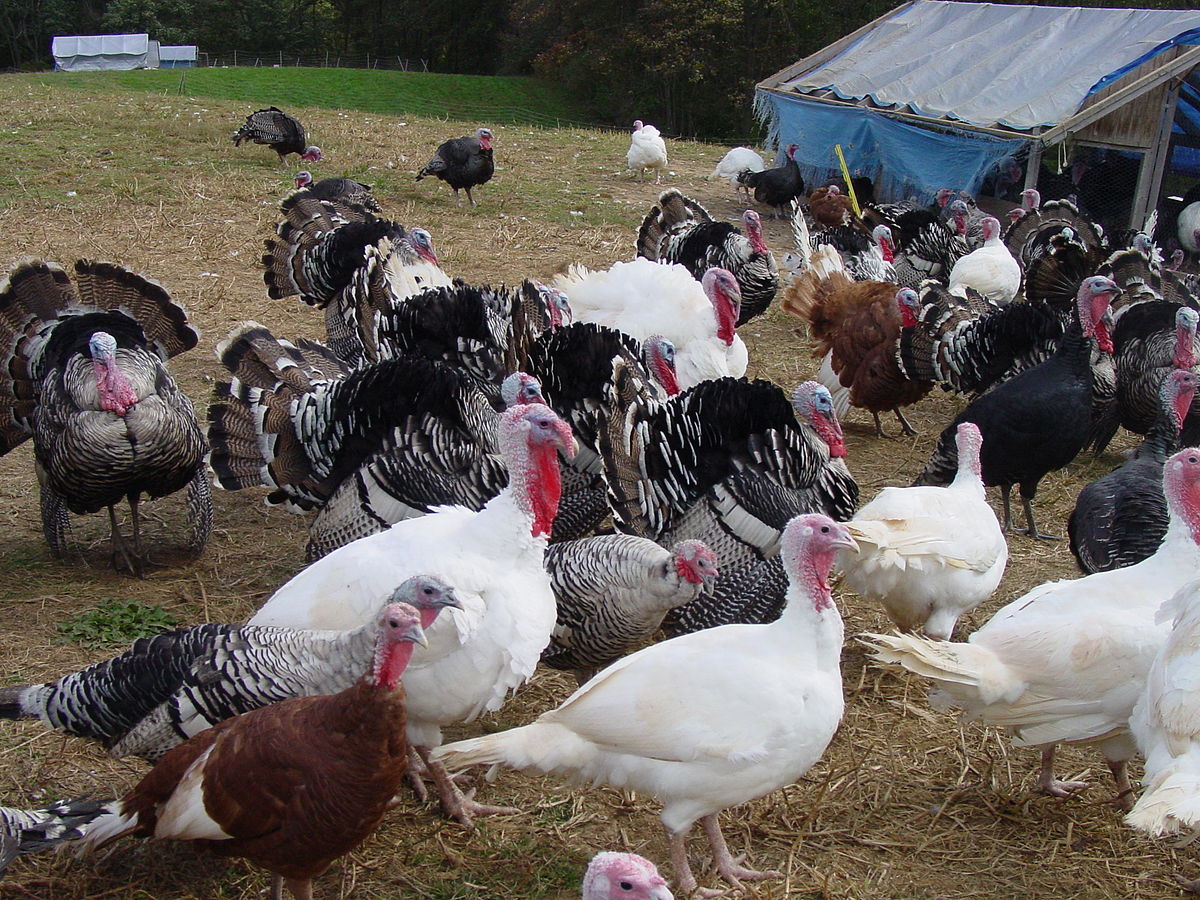 Image showing Domesticated turkeys raised on a small farm, commonly kept for meat and festive meals (Source: Wikipedia)
Image showing Domesticated turkeys raised on a small farm, commonly kept for meat and festive meals (Source: Wikipedia)
3. Ocellated Turkey (Meleagris ocellata)
-
Region: Central America (Mexico, Guatemala, Belize)
-
Size: Slightly smaller than wild turkey
-
Color: Iridescent with blue-green feathers and bright eye-like spots on the tail
-
Call: High-pitched whistle, not a gobble
-
Status: Near-threatened due to habitat loss
 Image showing an ocellated turkey with vibrant colors and eye-shaped tail spots, native to Central America (Source:Reddit)
Image showing an ocellated turkey with vibrant colors and eye-shaped tail spots, native to Central America (Source:Reddit)
Fun facts about Turkeys
-
Only male turkeys gobble, females make soft clucking sounds.
-
Turkeys can see in color and have great vision, better than humans.
-
Wild turkeys can run up to 30 km/h and fly short bursts.
-
A turkey’s head changes color based on mood (red, blue, or white).
-
Benjamin Franklin once suggested the turkey (not the eagle) be the national bird of the U.S..
Importance to Humans
-
Turkeys are a major source of protein and income in many countries.
-
Their feathers are sometimes used for decoration or crafts.
-
Turkey droppings are rich in nitrogen and used as fertilizer.
-
They also help control insects by eating grasshoppers and beetles.
Health & common issues
Turkeys, especially those raised on farms, need good care to stay healthy:
-
Common illnesses: Newcastle disease, fowl pox, respiratory infections
-
Parasites: Worms, mites, and lice
-
Foot problems: Especially in fast-growing breeds
-
Stress and overheating: Especially in hot climates
Always give turkeys space, clean water, dry bedding, and vaccinations. For help with sick or injured turkeys, contact Dr. Hulk Veterinary Hospital or your local vet.
Conservation Status
-
Wild Turkeys: Recovered well in North America thanks to conservation.
-
Ocellated Turkeys: Still at risk due to deforestation and hunting.
-
Domesticated Turkeys: Not at risk, but they depend entirely on human care.
Helping wild turkeys survive means protecting forests, stopping illegal hunting, and keeping the balance between farming and conservation.
Turkey vs Chicken
| Feature | Turkey | Chicken |
|---|---|---|
| Size | Larger (up to 10–15 kg) | Smaller (1.5–4 kg) |
| Sound | Gobble, cluck | Cluck, crow (rooster) |
| Flying Ability | Wild turkeys can fly short distances | Chickens rarely fly |
| Tail | Large fan tail (males) | Short, upright tail |
| Purpose | Mostly meat | Eggs and meat |
If you need turkey health advice, farm management tips, or help with poultry diseases, you can reach out to us at Doctor Hulk Veterinary Hospital, or call us through 08143397614.




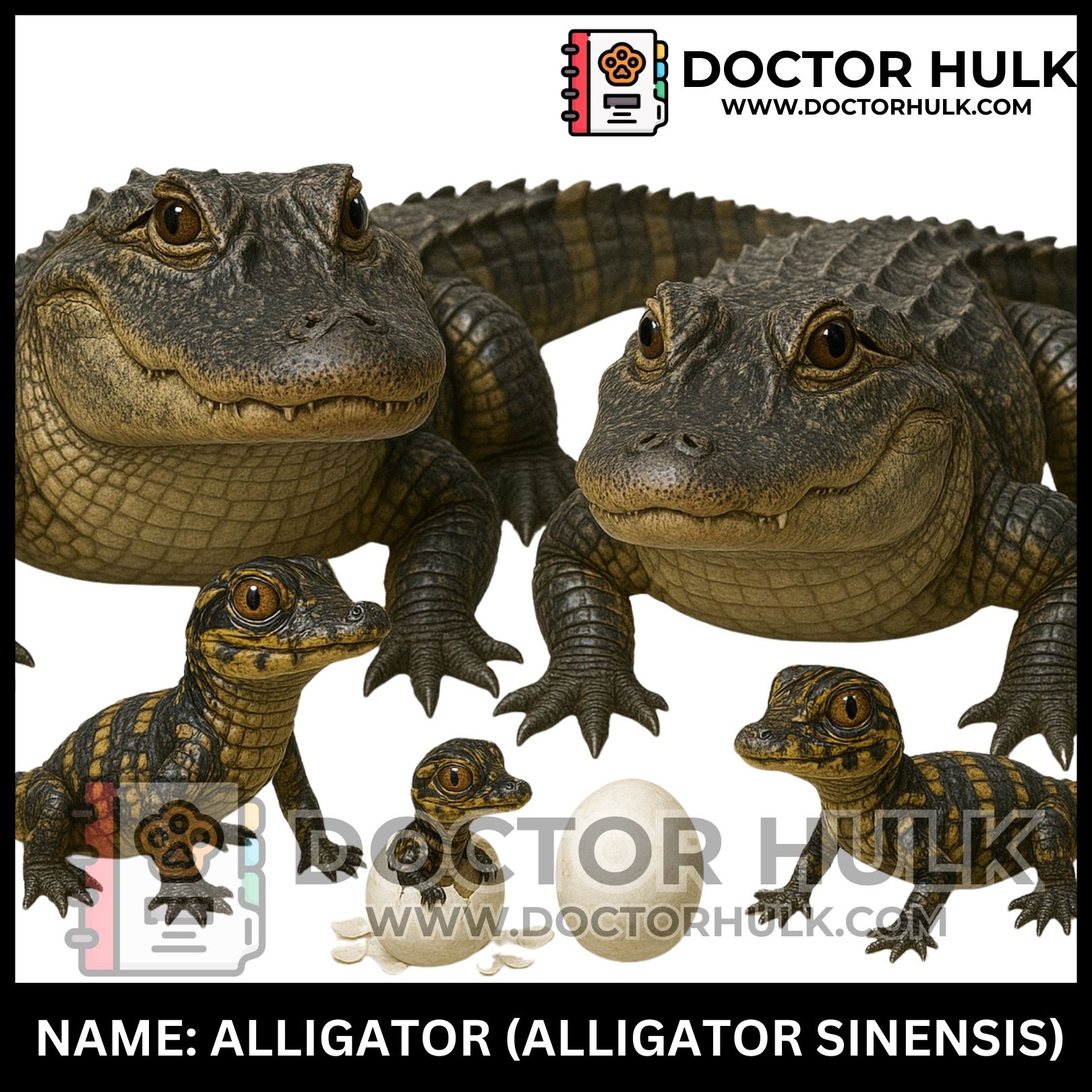
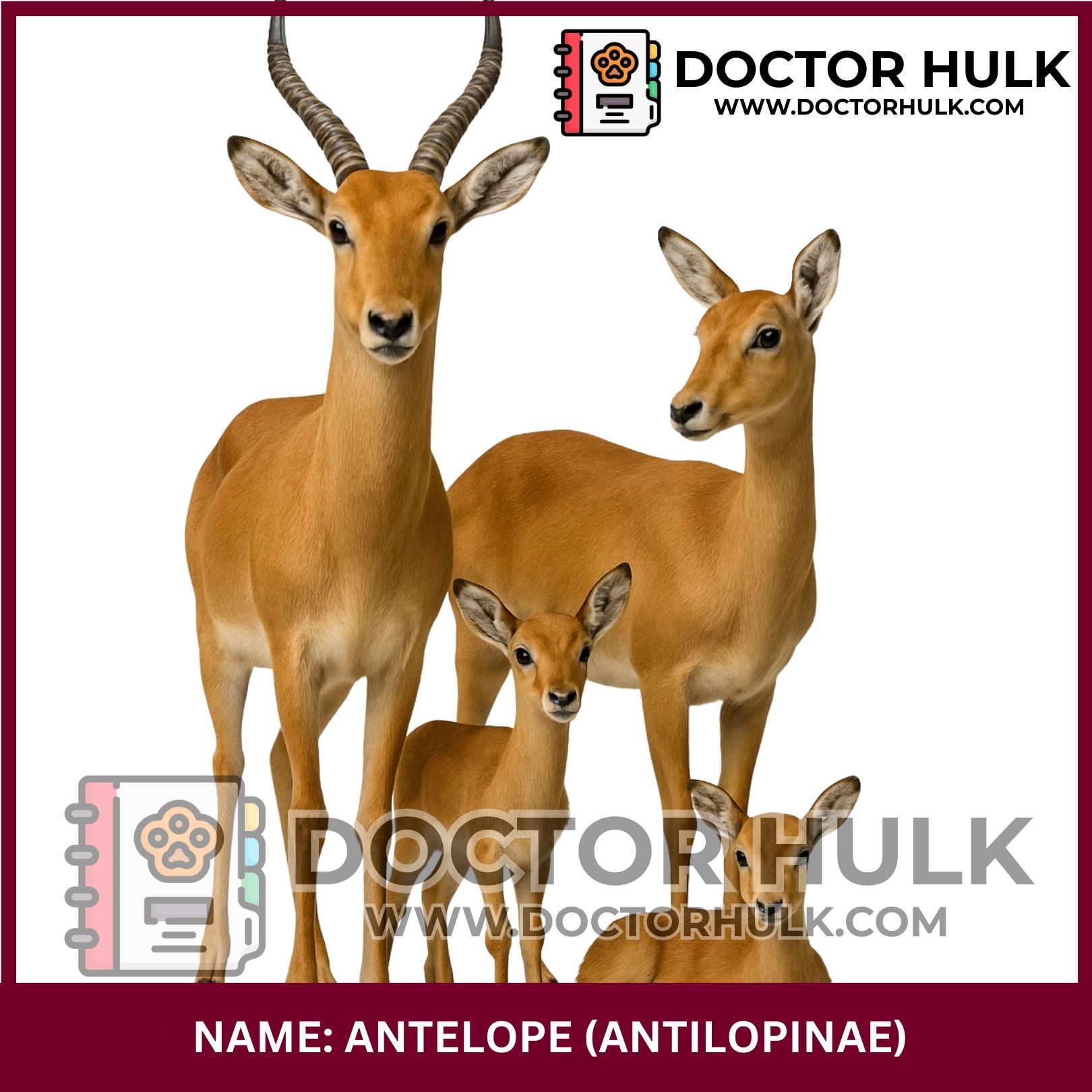
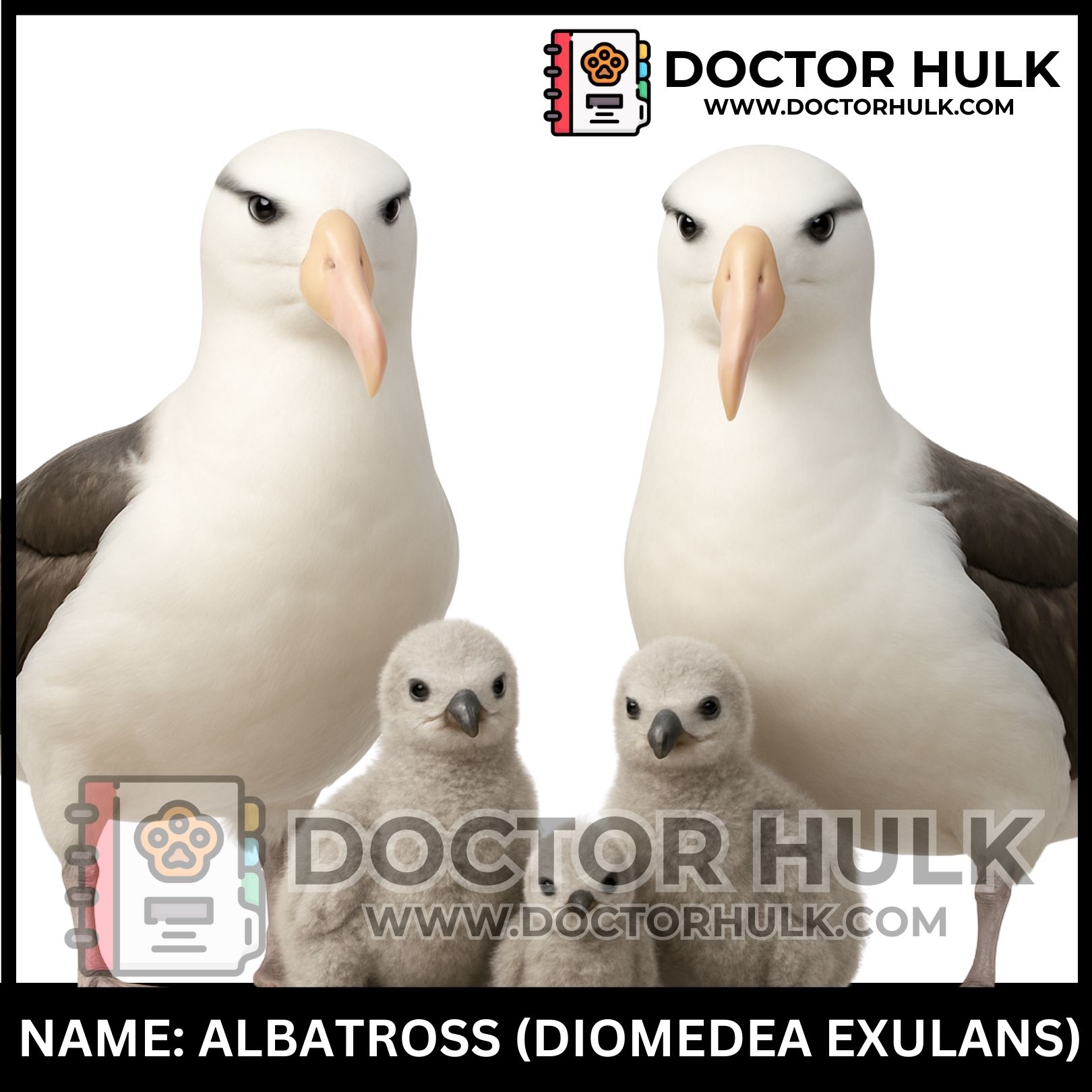
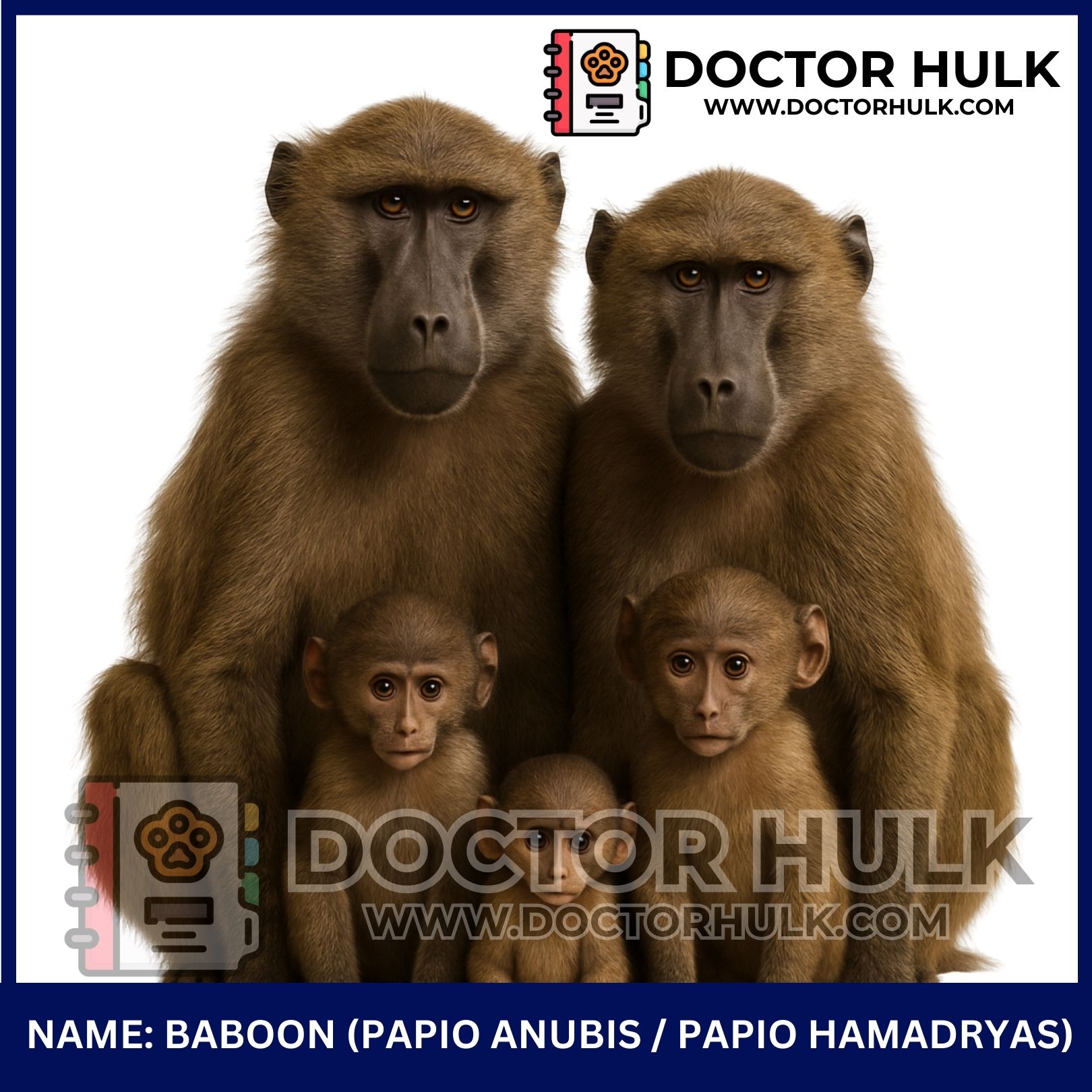
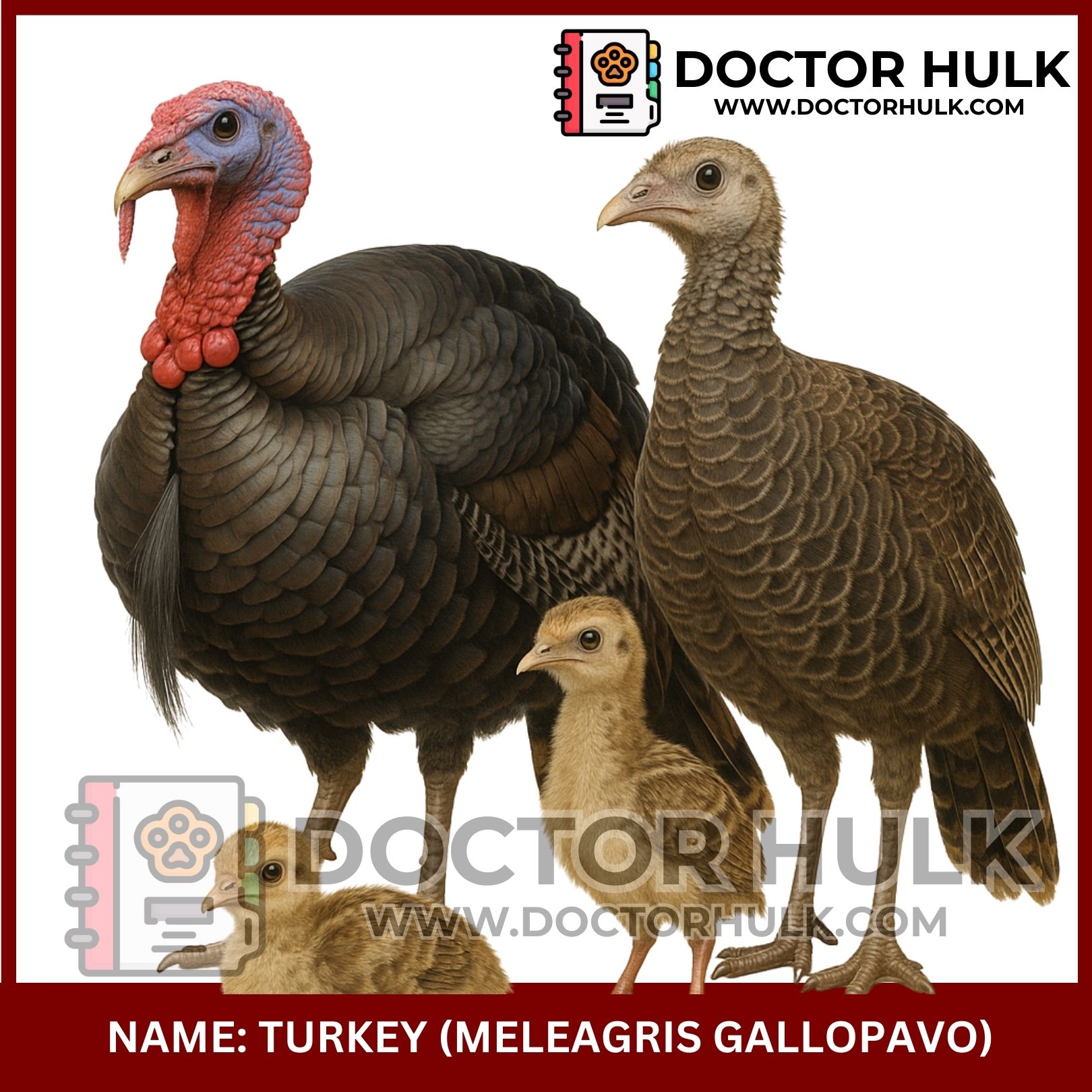
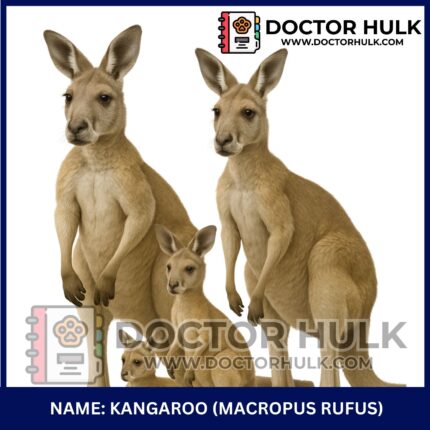
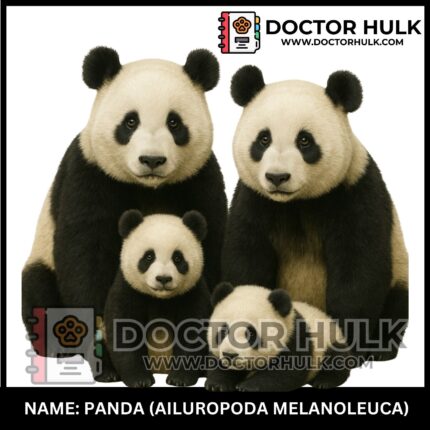


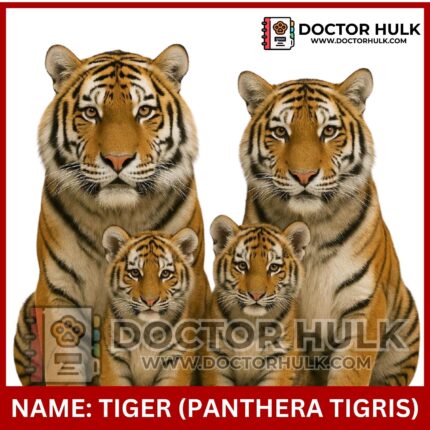
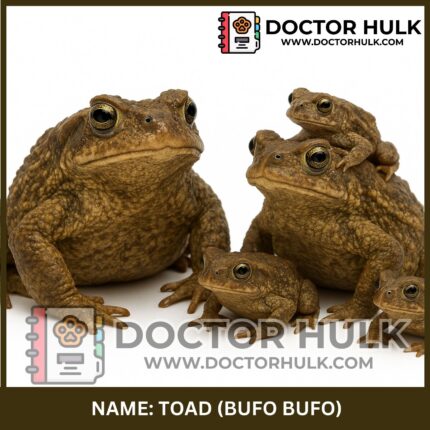
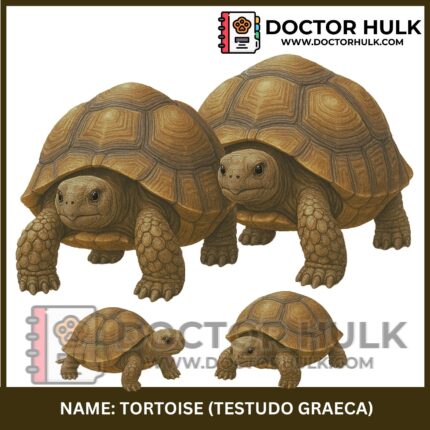
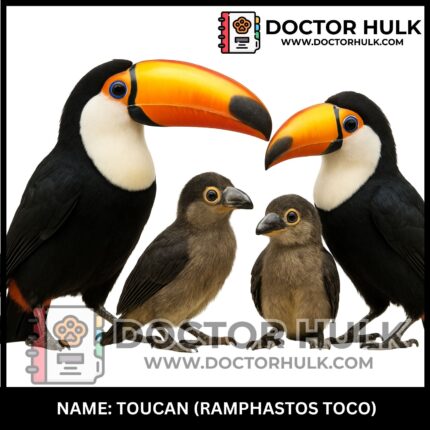
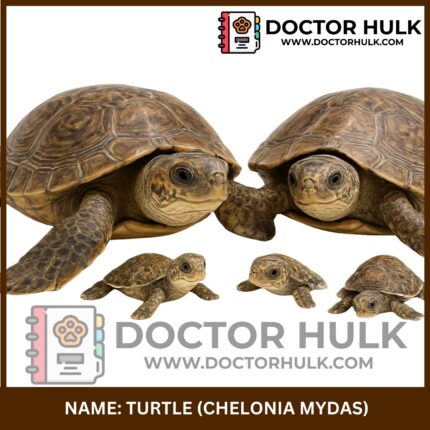

Reviews
There are no reviews yet.